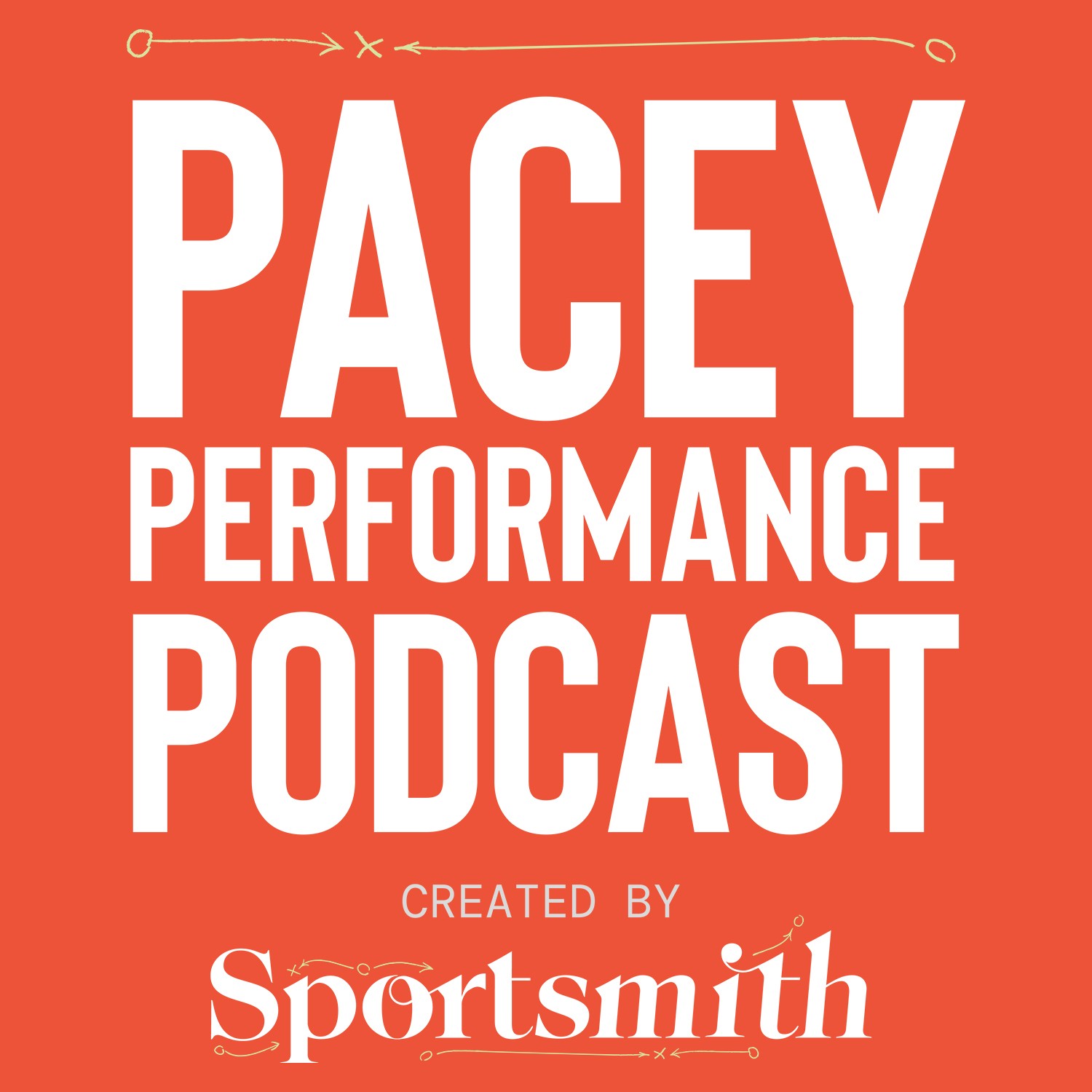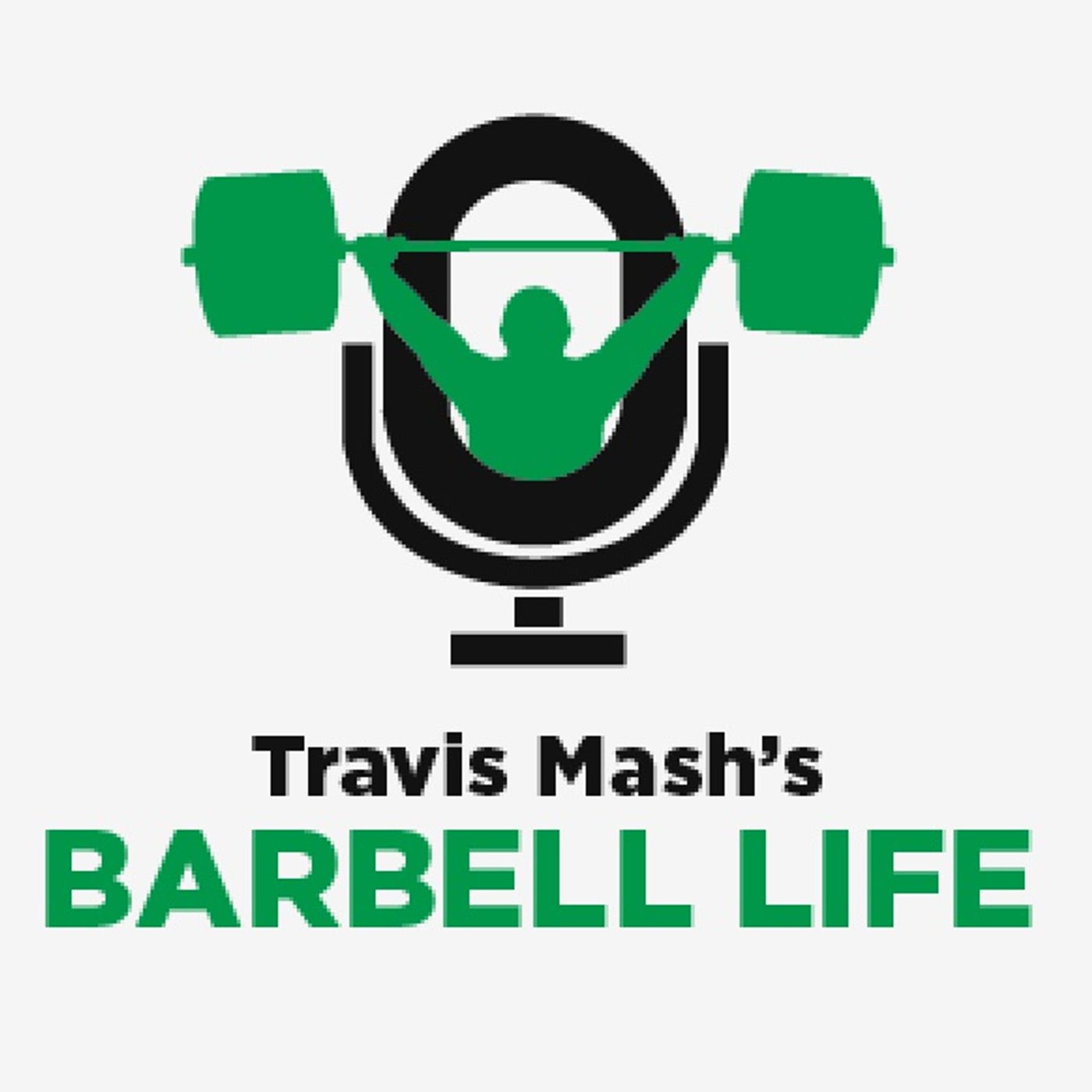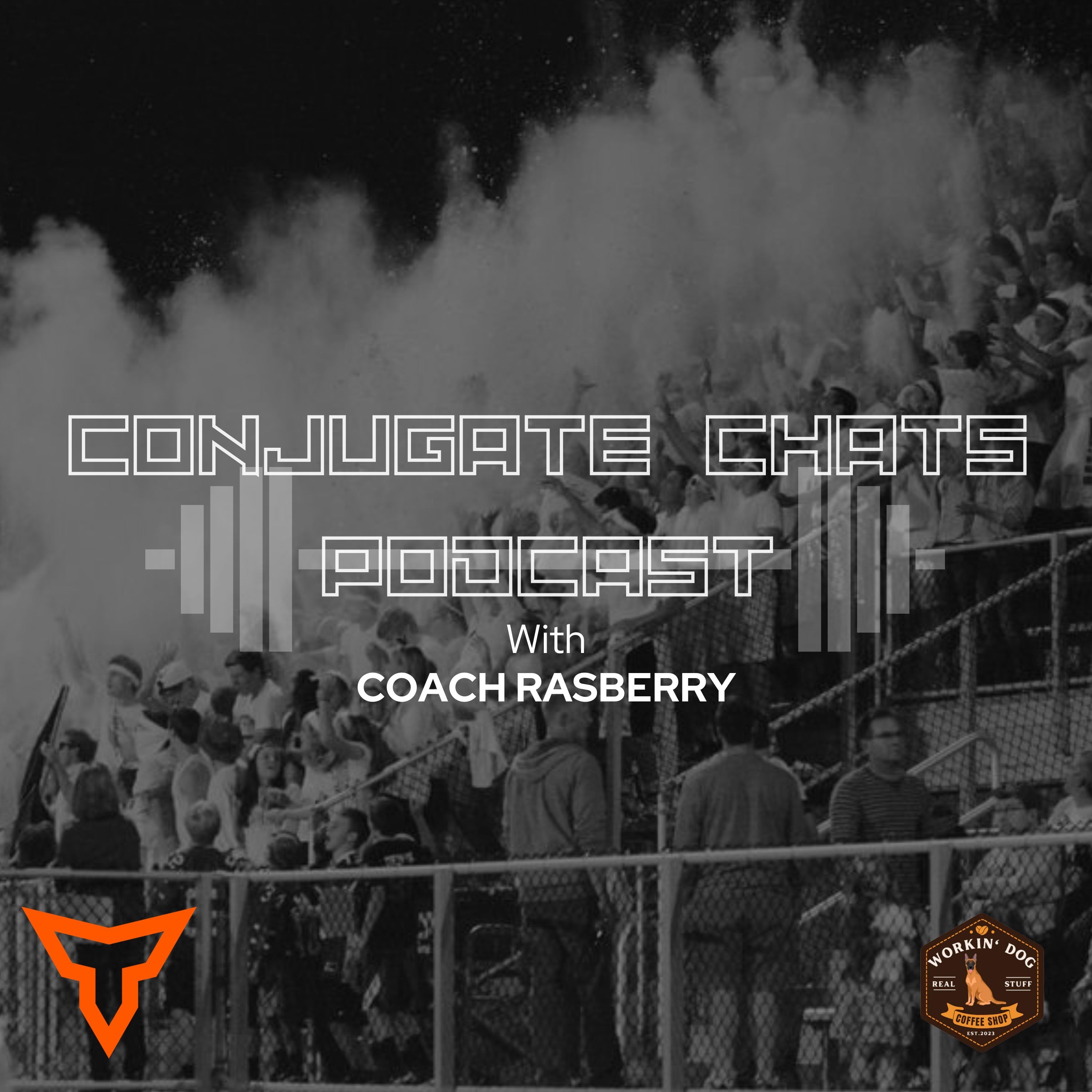.png)
4th & Flex
4th & Flex is a podcast dedicated to exploring the minds of some of the best coaches in the country, uncovering the strategies, philosophies, and methods that drive success in both strength and conditioning and football. Hosted by Coach Dan Mullins, the show takes a deep dive into the "why" behind the coaching process, asking the questions that go beyond the X's and O's to understand the core principles that shape top-tier athletes and winning teams.
Each episode features in-depth conversations with elite strength and conditioning coaches, as well as football coaches from various levels of the game. Through these interviews, 4th & Flex uncovers the intentionality and thought process behind training programs, game-day decisions, and leadership approaches that produce results. The show’s goal is to offer listeners not only a closer look at coaching techniques but also insights into the mindset and philosophy that fuel the best in the business.
Whether you're a coach yourself, an athlete looking to improve, or simply a fan of sports and performance, 4th & Flex provides valuable knowledge on the methodologies that push athletes to perform at their peak. It’s more than just sports talk—it’s a deep exploration into the art and science of coaching at the highest level. Join us as we dig into the minds of the people shaping the future of the game.
4th & Flex
Episode 6: Kyle Keese
In this conversation, Coach Kyle Keese shares his experience in coaching football, particularly focusing on safeties. He discusses his coaching journey, the importance of drills and techniques for developing athletes, and how to effectively game plan against opposing teams. Coach Keese emphasizes the significance of understanding personnel and making necessary adjustments to defensive strategies. Additionally, he discusses 'The Grid,' a movement training tool that enhances athletes' efficiency and technique in various drills. In this conversation, Dan Mullins and Kyle Keese explore modern athletic training techniques, the relationship between coaching in the weight room and coaching ball, and the importance of building belief and culture within athletic programs. They discuss the need for explicit teaching of movement skills, the evolution of training drills, and the significance of consistency and adaptability in coaching. The dialogue emphasizes the role of data tracking in fostering athlete belief and the necessity of a cohesive system across all levels of training.
Takeaways
Coach Keese has been coaching for over 20 years, starting at Denton Guyer.
He transitioned from coaching receivers to safeties, bringing valuable experience from both sides of the ball.
Daily drills should focus on movement, tackling technique, and situational awareness.
Personnel decisions significantly impact defensive strategies and formations.
The Grid is an effective tool for teaching movement and agility to athletes.
Drills should be tailored to the players' recovery and game schedule.
Keeping coverage schemes simple helps players react faster on the field.
Self-scouting is crucial for identifying and correcting weaknesses.
Effective coaching requires adapting to the players' skill sets and the evolving game.
Kids require explicit instruction in movement skills.
Non-linear sprinting is more common in games than linear speed.
Adaptability is essential in coaching to meet athletes' needs.
Building belief in athletes is crucial for team success.
Consistency in messaging fosters trust.
Open communication and willingness to learn enhance coach effectiveness.








